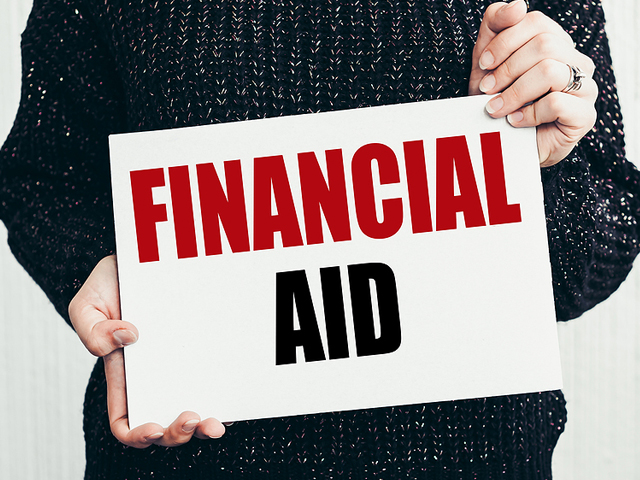
Individuals who are hoping to reduce their college costs often spend copious amounts of time seeking out and applying for private scholarships. There are numerous private organizations that offer outside scholarships. The common misconception is that scholarships are only an option for those who have excellent athletic or academic abilities. However, there are almost endless options out there for those who want to win scholarships.
Multiple Applications Equal More Financial Opportunities
Be sure to apply for any scholarship that you may qualify for. There are many that simply go unawarded every year due to a lack of applications! Check your local resources to see if there are any community organizations or awards offered from the trade association of the field you wish to enter. It is wise to broaden your horizons from competitive national scholarships and seek support from as many avenues as possible.
Applying for scholarships is helpful to your bottom line. However, it is essential to understand the effect they can have on your financial aid. Keep reading to discover the details.
1) Your Financial Aid Amount May Be Less
One of the formulas the college uses to figure out your need-based aid is by subtracting your EFC or Expected Family Contribution from the attendance cost. If your complete financial aid package including need-based aid and external scholarships equals over $300 above your calculated need, your college must reduce the amount of need-based aid you are eligible for. In the event you try to keep a scholarship secret, you will likely have to pay the "over-award" amount back.
2) Never Assume That Your Scholarships Renew Automatically
Note that some scholarships are for one year only. Others have requirements including maintaining a specific GPA or grade point average. Always read the fine print on your award so that you understand how much money you can expect in the future and what reapplication requirements are needed if any.
Ensure that you make time to update your FAFSA every year. It needs to reflect changes in your private scholarships. If your financial aid remains the same and your scholarship amount goes down, it is important to speak with your school about increasing your aid package so that any difference can be made up.
Note that there are additional scholarships specifically available for upperclassmen. Remember to continue applying once you start school and then each year that you attend.
Of course, it is vital to understand how scholarships may affect your financial aid. In most cases, scholarships will reduce the amount of money you will be required to borrow and repay. They can be a welcome addition to help you pay for your education.
3) Reduced Financial Aid Is Not A Negative Thing
Your school will decide how to reduce your financial aid package. They may lessen the number of grants or federal loans that you receive. Contact your school's financial aid office if your school does not elaborate on its' award displacement policy.
Check your school's website for more information and to see how they handle private scholarships. The best you can hope for is that the school can utilize the scholarship money to replace loans. This translates to you having to borrow less cash for school. Note that if your school's financial aid office wants to reduce your grant award the amount you will be required to borrow will not be affected.
Speak With Your Financial Aid Office
Understanding the details of your scholarship and its fine print will help you be able to plan accordingly. Never assume anything based on another person’s aid package or circumstances. The sooner you understand the details, the better idea you will have about how much additional money you will need to contribute. This will give you more time to look for a part-time job that suits your schedule.











